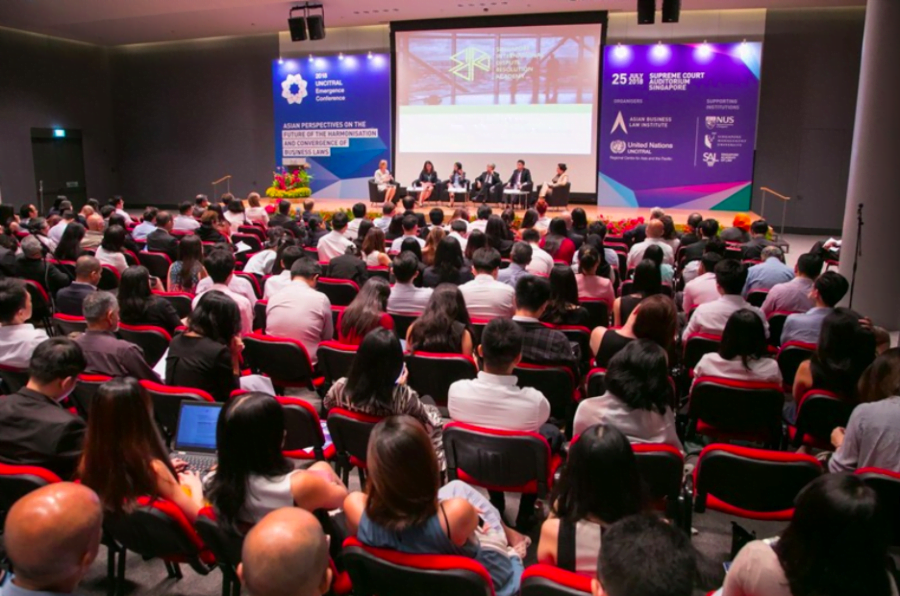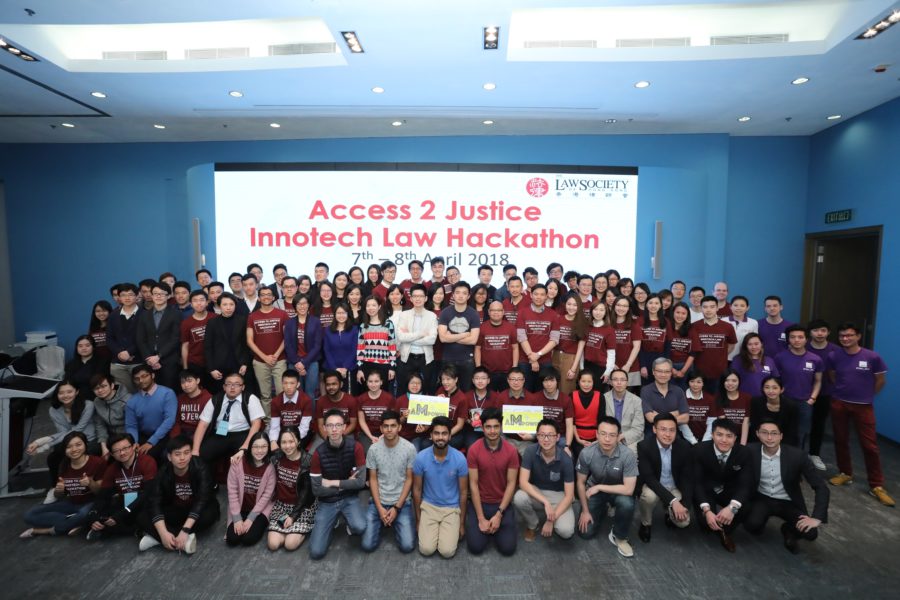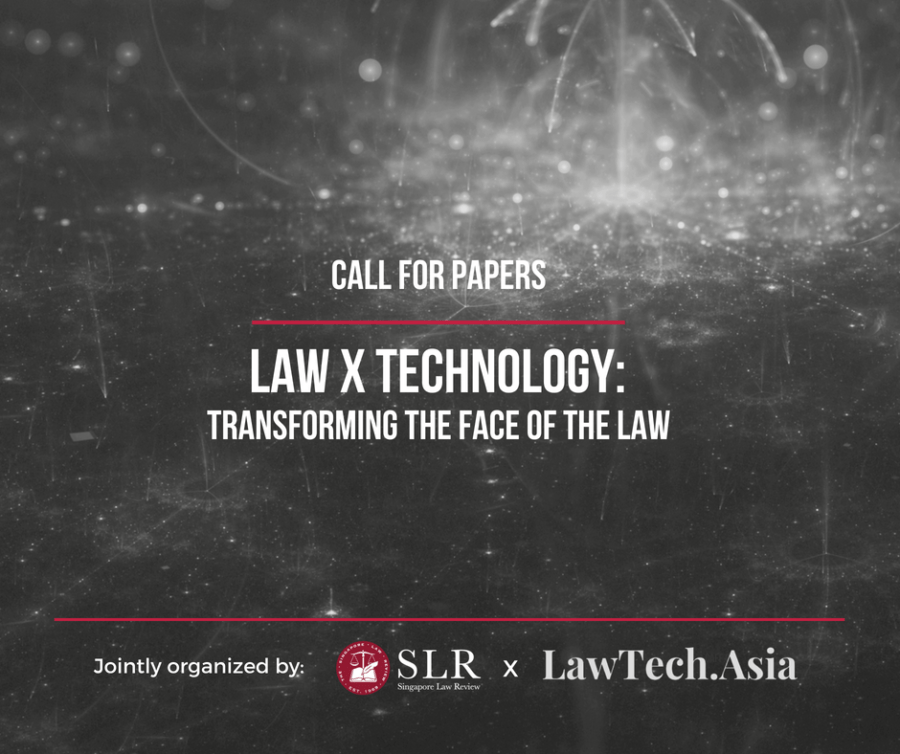Interview by Amelia Chew & Ng Sock Cheng | Edited by Irene Ng
Interview with Luca Castellani, Secretary of the United Nations Commission on International Trade Law (UNCITRAL) Working Group IV (Electronic Commerce)1
The Emergence Conference 2018, jointly hosted by the UNCITRAL Regional Centre for Asia and the Pacific and the Asian Business Law Institute (ABLI), took place on 25 July 2018 in Singapore.
The conference took stock of emerging global and regional developments relating to the harmonization and convergence of international trade and commercial law, with a focus on their impact on regionalisation, especially for Asia. It provided a platform for experts and scholars to examine the impact of these developments and to consider various areas of political interest for UNCITRAL and ABLI from a regional perspective.
We sat down with for a chat with Luca Castellani, a legal officer in the Secretariat of the UNCITRAL, where he discharges the functions of secretary of UNCITRAL Working Group IV (Electronic Commerce) and promotes the adoption and uniform interpretation of UNCITRAL texts relating to sale of goods and electronic commerce.
What are your views on the discussions held at the Emergence Conference today?
This is the third such conference we’ve had and the first of its kind in Singapore. The goal of this conference is to elicit new views on different aspects of international trade law and international business transaction laws. I find it very interesting and particularly useful that many of the presentations are related to current developments in business and law. These presentations are welcome as they are not mere speculations and have practical application in the real world.





